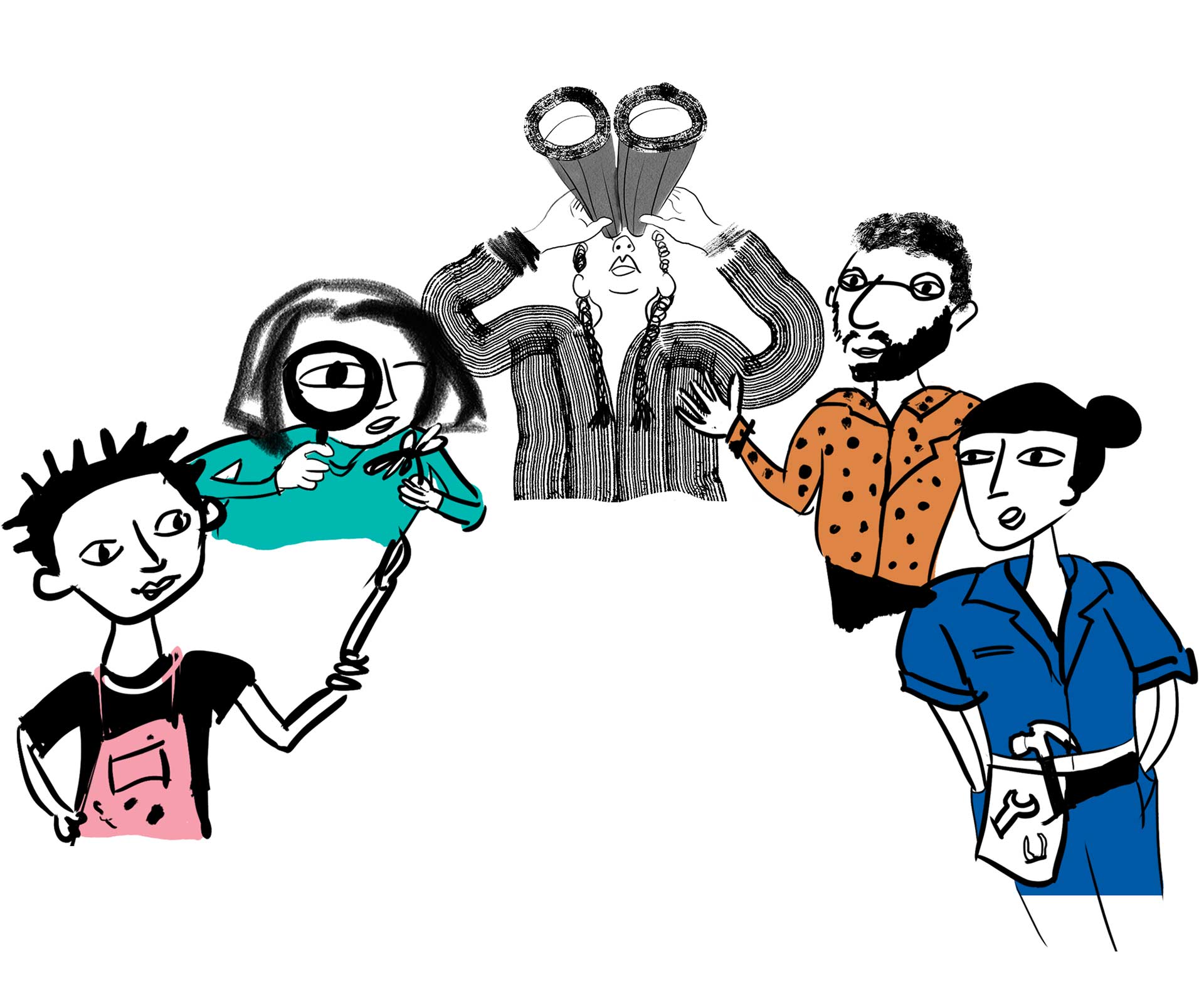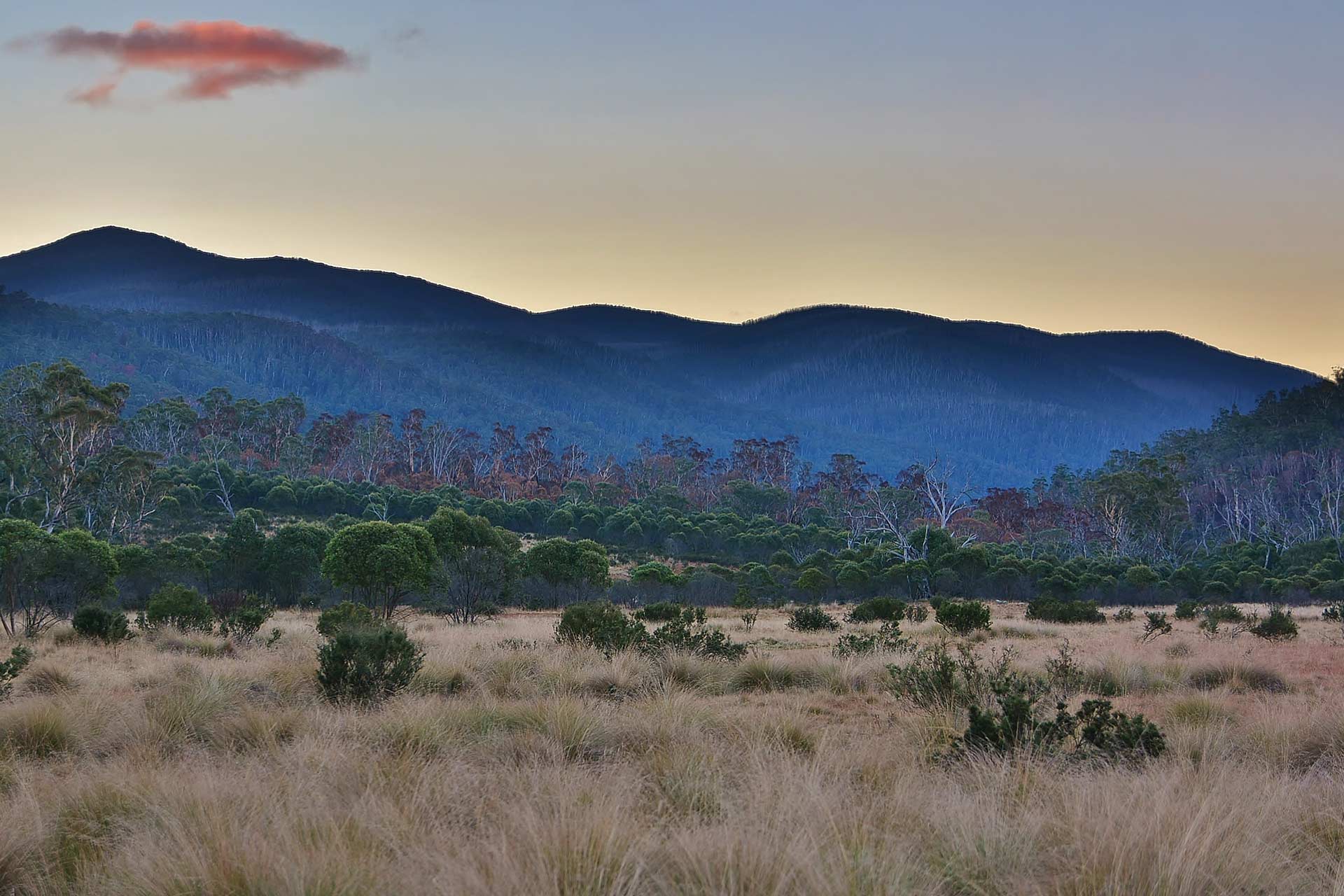Introduction
We are extremely lucky in the ACT to have a large number of volunteers and organisations working to preserve and protect our natural areas and species. Their contributions are vast and varied, and include removing weeds and planting trees, collecting data on the health of our waterways and native species, providing public education, caring for injured wildlife, and often running the organisations that underpin these activities. Many have extremely high levels of expertise in a range of ecological and land management subjects and bring skills and experience from their professional careers into the volunteer realm.
Environmental volunteers in the ACT come from many walks of life, and all have their own reasons for giving their time towards this important work. You can find some of their stories on this website, together with information about the different types of volunteer opportunities and programs running in the ACT, and the benefits and values of volunteering for the environment.

Background
The ACT State of the Environment Report 2019 (SoE 2019) highlighted the extensive work of volunteers and community groups, often in partnership with the ACT Government, for the benefit of the environment in the ACT.
In collecting information for the development of the SoE 2019, the Office of the Commissioner for Sustainability and the Environment (OCSE) found there is a gap in consistent collection and management of data on the contributions of environment and citizen scientist volunteers across the ACT. At the moment, data and information is split across programs, community groups and various ACT Government directorates, with some duplication of activities and other measures. This makes it difficult to accurately determine, and therefore to recognise and value, community efforts.
The environmental volunteering space in the ACT is complex, with many government agencies and non-government organisations involved in supporting the thousands of people who give their time to protect, restore, and expand our knowledge of the natural environment. This background report seeks to build on the information presented in the SoE 2019 and give a fuller picture of the wide range of contributions made by the community to our environment in the ACT.
Scope
The scope for this background report was developed following workshops with volunteers, and with staff from both government and non-government organisations. The consensus at these workshops was that this report should be a celebration and promotion of volunteers and their work, and should include:
- A combination of qualitative and quantitative information, with both data and stories to illustrate the scale of volunteer work and its impacts.
- Recognition of the range of different types of environmental volunteering that takes place in the ACT.
- Discussion and recommendations for how partnerships between volunteers, government and academia can be strengthened, and how this can lead to improved environmental outcomes.
For the purposes of this report, the following definitions apply:
- On-ground volunteering refers to hands-on land management work; it may be thought of as ‘landcare-type’ volunteering. In the ACT this includes weed removal; planting, mulching and watering native species; erosion control; and habitat creation.
- Citizen science refers to the collection of information about the environment by volunteers. This may be as part of a formal survey or program of data collection, or happen in a more opportunistic way through ad hoc reporting and photo records. In the ACT this includes observations of plants and animals, and scientific data from water quality testing.
This background report will not explicitly consider the work of Traditional Custodians and Aboriginal organisations and people in caring for country. This work is considered too significant to be incorporated into a site which deals with general environmental management. The SoE 2019 explored the role of the Ngunnawal people in environmental management and OCSE will build on this in its 2023 SoE Report.
This report will also not cover community and volunteer groups which focus on sustainability and climate change, rather than on-ground environmental management and citizen science. OCSE recognises that there are many groups and volunteers working to educate the public, run programs and provide services which improve environmental sustainability in the ACT.
Did we miss you?
We have done our best to include as many environmental volunteering and citizen science organisations as possible in this report, but we know we might have missed some of you. If you would like to send us information about your work or your organisation to be included on this website, please email envcomm@act.gov.au.


